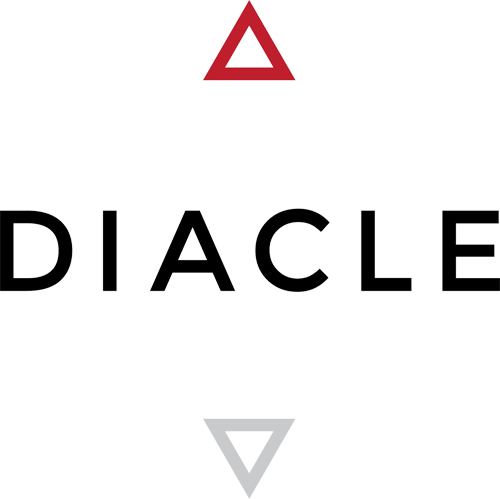AFRICAN BANKER MAGAZINE INTERVIEWS DIACLE
Diacle founder Adam Vaziri, was asked by the African Banker Magazine to comment on the role and future of blockchain in that region:
“I think the main point is that banks can benefit from the most advanced open-source technology in the market for financial services that has ever existed and doesn’t cost a dime to access/adopt. Some of the greatest minds around the world are being applied to develop these technologies.
The tangible benefits are not so far off either. For instance, in remittance just last week, Santander announced the launch of a remittance application based on Ripple (an alternative blockchain protocol).
For governments, there is of course a public interest in reducing the costs of sending/receiving money. Mobile Money is but one mechanism competing now with digital currency to reduce the barriers to entry and thereby the costs for consumers.
In a presentation to the Commonwealth telecoms regulators I asked what was their utmost priority. For them ensuring a level playing field was imperative. So digital currency and blockchain offer new tools and a common ‘fabric’ to spur competition into a financial ecosystem.
Certain countries are unsure how to handle digital currency policy. Russia, takes a radical approach and bans bitcoin yet lauds the benefits of blockchain. Kenya, by contrast, warns Kenyans to ‘go slow’ on digital currencies, as the regulators need to catch up first to make it safe.
Regulation is indeed either the brakes or the accelerator of progress. And further adoption by banks requires contextual support from regulators and governments. Of importance are the type of collaborative initiatives such as Sandboxes, Regtech cross-stakeholder initiatives that allow banks to test out new technology with freedom from repercussions but with some reasonable oversight.
For incentives to be aligned between governments and banks, sometimes the benefits of blockchain need to be clearly set out. Bermuda is working with a blockchain group to assess its utility. Dubai, through its Global Blockchain Council, evidently wants to test the technology before offering its formal blessing.
Undeniably things have moved on since the early days of bitcoin. Last year, a bank with a blockchain strategy was quite edgy; now it is a given, the norm. Indeed, now it is the absence of a blockchain strategy that is questioned.
The road has also clearly split. It is no longer surprising to use the ‘b’ word; I mean ‘blockchain’ of course, not ‘bitcoin’. Regarding bitcoin, well digital currencies are a just harder sell for governments in their current form. It requires some re-purposing to see the utility and not just the risk. For instance, Dubai announced a loyalty scheme called Dubai Points (effectively a digital currency), which should be a sound way to explore the benefits and develop a more nuanced view about digital currency opportunities.”
